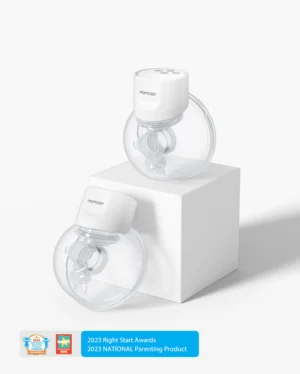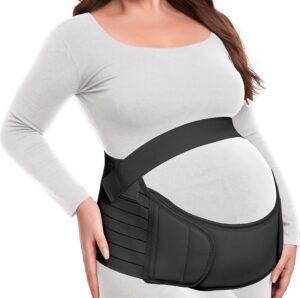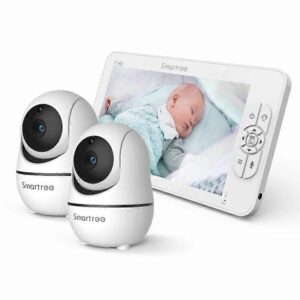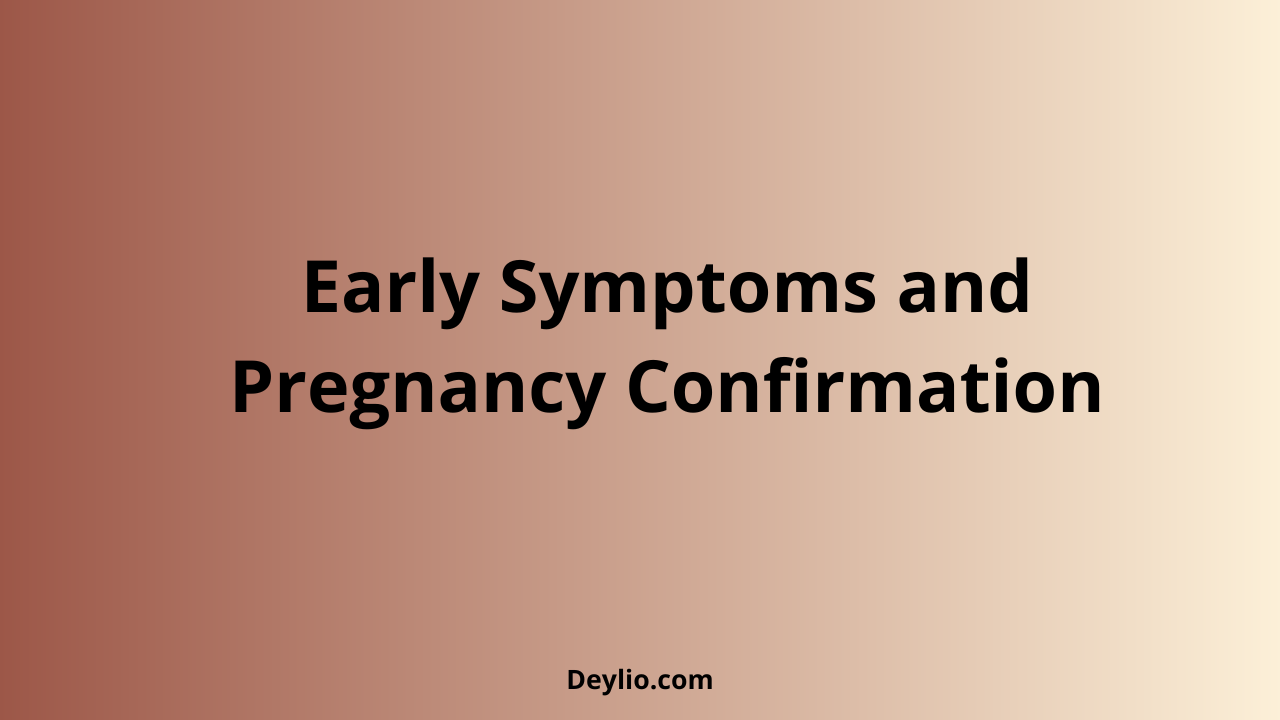Early signs of pregnancy can sometimes go unnoticed, but certain hints can give us a clue. If you suspect pregnancy, some symptoms like nausea, persistent fatigue, or even breast changes can show up in the first few weeks. To be sure, there are different tests to confirm a pregnancy, from at-home urine tests to more precise medical exams. Let’s take a closer look at these symptoms and how to confirm them.
Key Early Pregnancy Symptoms to Watch For
Pregnancy triggers significant hormonal changes that often lead to various symptoms. Here are the most common ones:
1. Morning Nausea
Many women experience nausea primarily in the morning during the first weeks of pregnancy. This feeling is due to the increase in pregnancy hormones, especially human chorionic gonadotropin (hCG). If nausea occurs, even outside of the morning, and becomes a recurring issue, it’s often a classic sign of pregnancy.
2. Intense and Unusual Fatigue
Persistent fatigue is another early symptom of pregnancy. The body is working hard to adjust its metabolism to the new energy demands of the developing fetus. This is why a drop in energy, even with enough rest, isn’t uncommon.
3. Breast Sensitivity and Changes
Hormonal changes also affect the breasts: you may feel tenderness, even some discomfort in your chest. Your breasts may become slightly larger, and the areolas might darken.
4. Mood Swings and Heightened Sensitivity
Hormonal shifts can impact mood too. One day you might feel great, and the next, a bit more emotional than usual. These shifts are often due to rapid hormonal changes and can be an early sign of pregnancy.
Confirming Pregnancy: Various Methods
Symptoms can be helpful indicators, but only a pregnancy test can give you certainty about this exciting new phase. Here’s how to ensure an accurate diagnosis.
1. Urine Pregnancy Tests: The First Go-To
Pharmacy-bought pregnancy tests are often the first option. Easy to use, they detect the hCG hormone in urine, a sign of pregnancy. For reliable results, it’s recommended to wait at least a week after your missed period, as hCG levels are more detectable after a few days.
2. Blood Test for Pregnancy Confirmation
A blood test can verify the exact hCG level in the bloodstream and confirm pregnancy with high precision. A doctor can prescribe this test, which is often recommended if you’re experiencing persistent symptoms despite a negative urine test.
3. Ultrasound: The Visual Proof
An ultrasound is the medical examination that allows you to see the fetus and verify its development. This scan is typically performed around the sixth to eighth week of pregnancy. Not only does it confirm pregnancy, but it also ensures everything is progressing well.
Comfort Tips for Expecting Moms
Pregnancy is a unique time, but it can be uncomfortable too. Support and helpful accessories can make everyday life easier. For example, a pregnancy pillow, like the one from our brand Deylio, can significantly relieve lower back pain and improve sleep quality. This pillow is designed to contour to your body and provide maximum comfort throughout pregnancy.
Experiencing early symptoms of pregnancy can be exciting, but only a test confirmation can give complete reassurance. With options like urine tests, blood analysis, and ultrasounds, there are several ways to confirm this new journey quickly. For moms-to-be, accessories like the Deylio pillow are also a valuable asset to enjoy this period as comfortably as possible.






